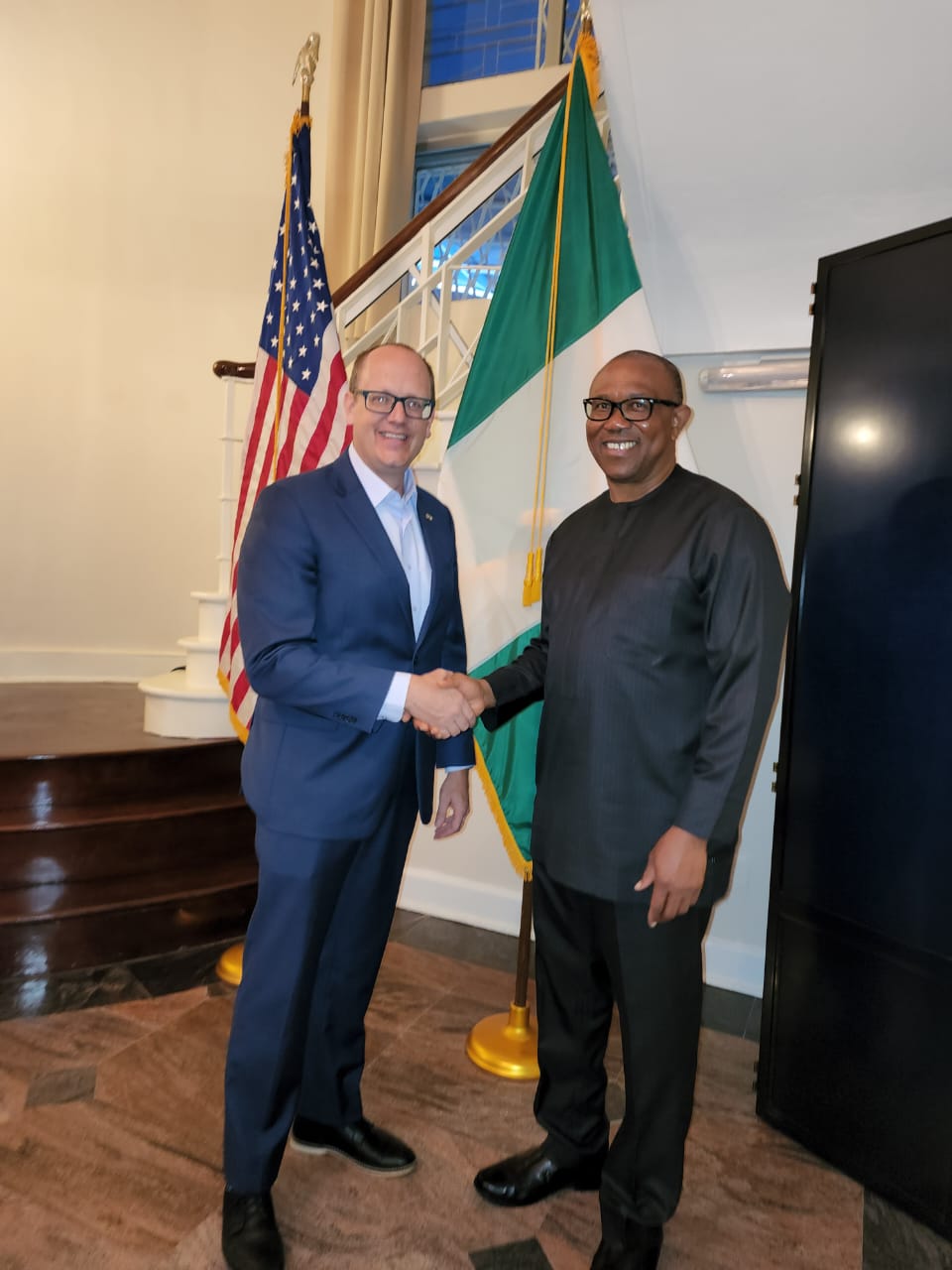The world’s two biggest economies triggered an all-out trade war Friday as U.S. tariffs on $34 billion in Chinese imports took effect, with Beijing vowing to respond immediately in kind.
China’s commerce ministry said in a statement shortly after the deadline passed that it was forced to retaliate, meaning $34 billion worth of imported U.S. goods including autos and agricultural products also faced 25 percent tariffs.
“China promised to not fire the first shot, but to defend national core interests and the interests of the people it has no choice but to strike back as necessary,” the Commerce Ministry said in a statement.
The ministry called the U.S. actions “a violation of world trade rules” and said that it had “initiated the largest-scale trade war in economic history.”
On Thursday, Trump warned that the United States may ultimately target over $500 billion worth of Chinese goods, or roughly the total amount that the United States imported from China last year.
Chinese shares, which have been battered in the run-up to the tariff deadline, were down in choppy trade but recovered from earlier lows, while the yuan currency also weakened. Asian equities wobbled amid nervous trading.
“We can probably say that the trade war has officially started,” said Chen Feixiang, professor of applied economics at Shanghai Jiaotong University’s Antai Colege of Economics and Management.
“If this ends at $34 billion, it will have a marginal effect on both economies, but if it escalates to $500 billion like Trump said then it’s going to have a big impact for both countries,” Chen said.
Trump has railed against Beijing for intellectual property theft and barriers to entry for U.S. businesses and a $375 billion U.S. trade deficit with China.
Throughout the escalating conflict, China has sought to take the high road, positioning itself as a champion of free trade, but state media ramped-up criticism of Trump on Friday.
“In effect, the Trump administration is behaving like a gang of hoodlums with its shakedown of other countries, particularly China,” the state-run China Daily newspaper said in an English language editorial on Friday.
“Its unruliness looks set to have a profoundly damaging impact on the global economic landscape in the coming decades, unless countries stand together to oppose it.”
While the initial volley of tariffs was not expected to have major immediate economic impact, the fear is that a prolonged battle would disrupt makers and importers of affected goods in a blow to global trade, investment and growth.
“For companies with supply exposure to tariffs, they will move sourcing country of origin if they can; if they can’t, they’ll pass on as much of the tariff cost as they can, or see a cut in margins,” said Jacob Parker, vice president of China operations at the U.S.-China Business Council in Beijing.
“Companies don’t know how big this may get, or how it will end.”
On Thursday, Ford Motor Co said that for now, it will not hike prices of imported Ford and higher-margin luxury Lincoln models in China.
A China central bank adviser said the planned U.S. import tariffs on $50 billion worth of Chinese goods – $34 billion plus a planned follow-on list worth $16 billion – will cut China’s economic growth by 0.2 percentage points, although the overall impact would be limited, the official Xinhua news agency reported Friday.
I found this interesting


